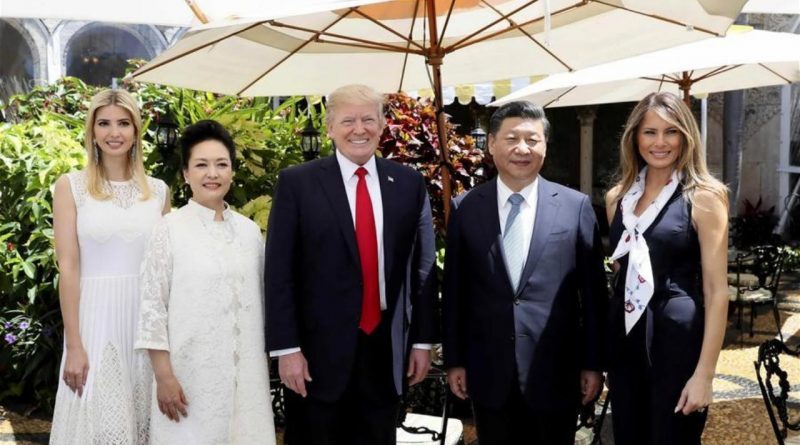U.S. Tensions Cause North Asian Superpower Synergy: Political tensions with the U.S bring North Asian superpowers closer together
By Axel Sontgerath
Staff Writer
The Asian superpowers China, Japan, and South Korea have strengthened diplomatic ties in response to the Trump administration.
The main catalyst for this new-found friendliness between historic foes has been the lack of consistency and participation of the U.S in world politics. Amongst the many promises that President Trump had made during his campaign, one of his biggest regarding international politics was the removal of the United States from the Trans-Pacific Partnership (TPP). This has been at the forefront of his “America First” policies.
According to the South China Morning Post, Chinese President Xi Jinping, Japanese Prime Minister Shinzo Abe, and South Korean President Moon Jae-In have looked at the recent presidency as one that is weakening the U.S. position as a political hegemony in the world. All three countries are feeling confident domestically, and the United States’ recent shift from a partner who provides growth to a country making demands and ripping up old deals has pushed all of them together to gain the upper hand on the world stage.
China is the country, among the three, that is most poised to replace the United States. They have been investing billions in renewable energy, cutting-edge transportation technology and Artificial Intelligence. They are on the forefront of technology and only moving upward, while the Trump Administration is in the process of breaking most of the U.S’ international deals and investing in coal.
In addition, both Japan and South Korea are now certain that any trade agreements with Trump will lead to nowhere for their economies, South China Morning Post reports. North Asia now has no reason to look towards the U.S for a partner, when they could just look towards each other.
According to The Diplomat, Xi JinPing and Shinzo Abe met on the side in a private conference on the November 11th Asia-Pacific Economic Cooperation leaders meeting (APEC). The Chinese newspaper, Xinhua, reports that although the interaction was still stiff, China has agreed to improve ties with Japan. Both leaders believe that their mutually beneficial cooperation will bring the two countries together and resolve the tensions that have existed between them for decades. The Diplomat reports when commenting on the matter, Shinzo Abe said:
“Our meeting was held in a very friendly and relaxed atmosphere, and I believe we had a frank and open exchange of views on international affairs, including the North Korea issue, as well as our bilateral relations. At the meeting’s close, President Xi stated that the meeting represented a new start for Japan-China relations, and I completely agreed.”
Abe brought up many issues here that have plagued China’s public image in the world and urged Xi to resolve them in order to move forward. To add to the speculation, since the APEC conference, Japanese and Chinese officials have been reported taking meetings with one another to discuss the strengthening of economic ties. This powerful combination seems to be pushing both countries in the right direction to be the potential new world leaders.
It is important to note, however, that Japan has also been attempting to strengthen security ties with the U.S. by having a quadrilateral side meeting with Australia, Japan, India and the U.S on trying to limit Chinese influence in world politics. Japan hopes to create a stable relationship with both superpowers by securing economic ties with China and security ties with the United States. With all this transpiring, evidence and trends are pointing to Japan as potentially emerging as the true winner from all this political speculation.


